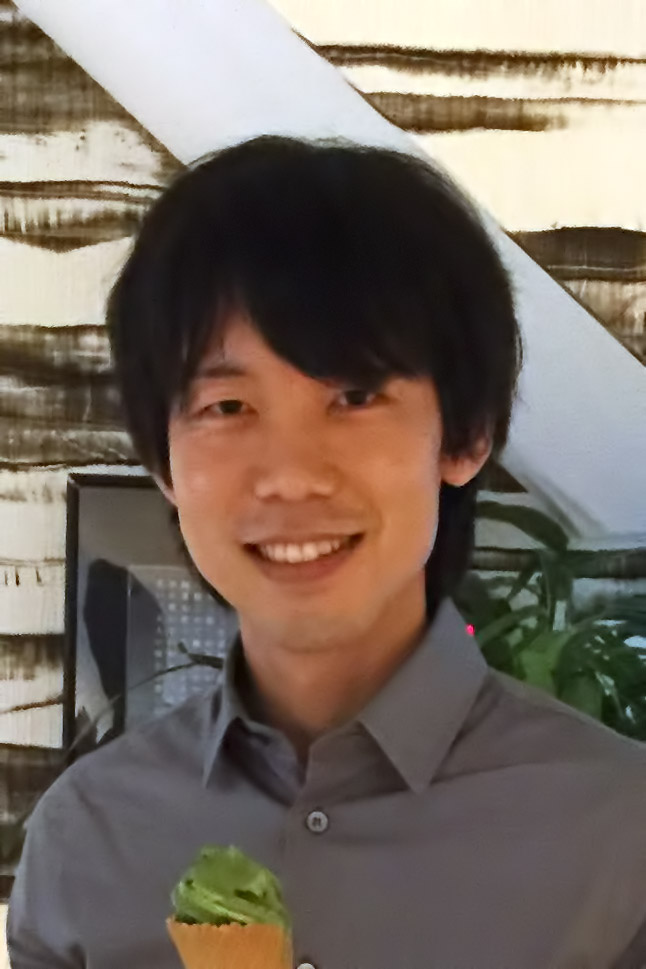Takehiro Iizuka

School of Languages, Literatures, and Cultures
Graduate Student, Second Language Acquisition
Takehiro received his B.A. from Tokyo University of Foreign Studies and M.A. from Texas Tech University. His research interests include instructed SLA, implicit and explicit knowledge, and individual differences.
Awards & Grants
Second Language Acquisition Students Awarded Seven Dissertation Grants
Three SLA graduate students have been awarded a total of seven dissertation grants, totaling more than $25,000.
Author/Lead: Jonathan Malone, Takehiro Iizuka, Zhiyuan (Dingo) DengAward Organization:
Language Learning Dissertation Grant, TIRF Doctoral Dissertation Grant, Duolingo Dissertation Award, TOEFL Grant for Doctoral Research in Language Assessment
Jon Malone, Takehiro Iizuka and Zhiyan Deng have been awarded a total of seven dissertation grants, totaling more than $25,000.
Malone received the prestigious Language Learning Dissertation Grant, the TIRF Doctoral Dissertation Grant and the Duolingo Dissertation Award. His dissertation project uses eye-tracking technology to investigate how second language learners acquire vocabulary through reading while listening.
Iizuka, supported by the TOEFL Grant for Doctoral Research in Language Assessment and the Duolingo Doctoral Dissertation Award, examines the extent to which spoken and written vocabulary can be distinguished from each other from a measurement point of view, as well as their role in predicting listening and reading comprehension performance, respectively.
Deng was awarded both the TOEFL Grant for Doctoral Research in Language Assessment and the Duolingo Doctoral Dissertation Award.
All three students are using the support for their research expenses.
Publications
Scrutinizing LLAMA D as a measure of implicit learning aptitude
In this study, we tested the hypothesis that researchers’ variable test instructions are the source of the inconsistent results.
Author/Lead: Takehiro Iizuka, Robert M. DeKeyserSince Gisela Granena’s influential work, LLAMA D v2, a sound recognition subtest of LLAMA aptitude tests, has been used as a measure of implicit learning aptitude in second language acquisition research. The validity of this test, however, is little known and the results of studies with this instrument have been somewhat inconsistent. In this study, we tested the hypothesis that researchers’ variable test instructions are the source of the inconsistent results. One hundred fourteen English monolinguals were randomly assigned to take LLAMA D v2 under one of three test instruction conditions. They also completed two implicit aptitude tests, three explicit aptitude tests, and a sound discrimination test. The results showed that, regardless of the type of test instructions, LLAMA D scores did not align with implicit aptitude test scores, indicating no clear evidence of the test being implicit. On the contrary, LLAMA D scores were negatively associated with scores on one implicit aptitude test, the Serial Reaction Time (SRT) task, but only in the condition where the instructions drew participants’ focal attention to the stimuli. This negative association was interpreted as focal attention working against learning in the SRT task. Implicit learning aptitude may be the degree to which one is able to process input without focal attention.
Read More about Scrutinizing LLAMA D as a measure of implicit learning aptitude

